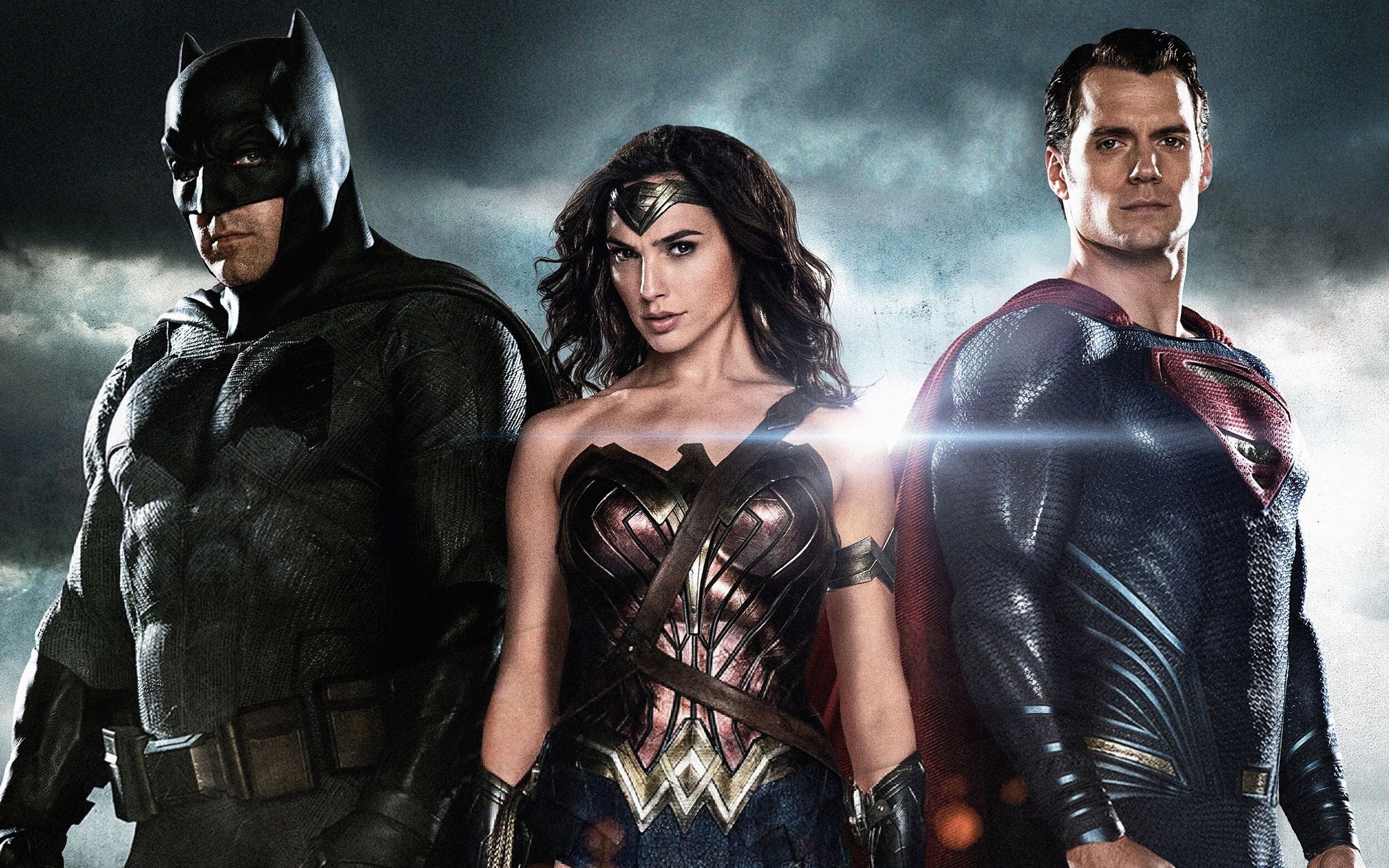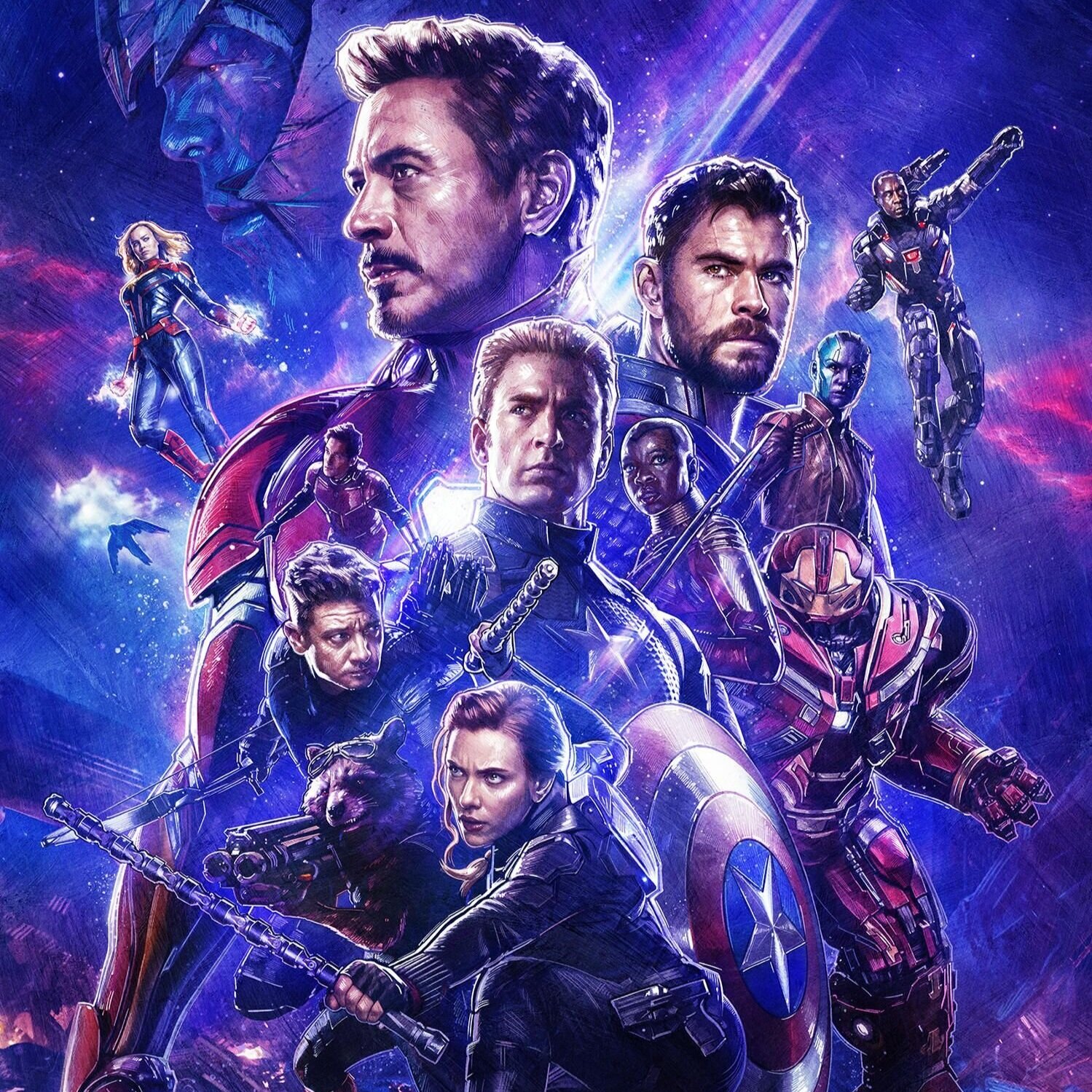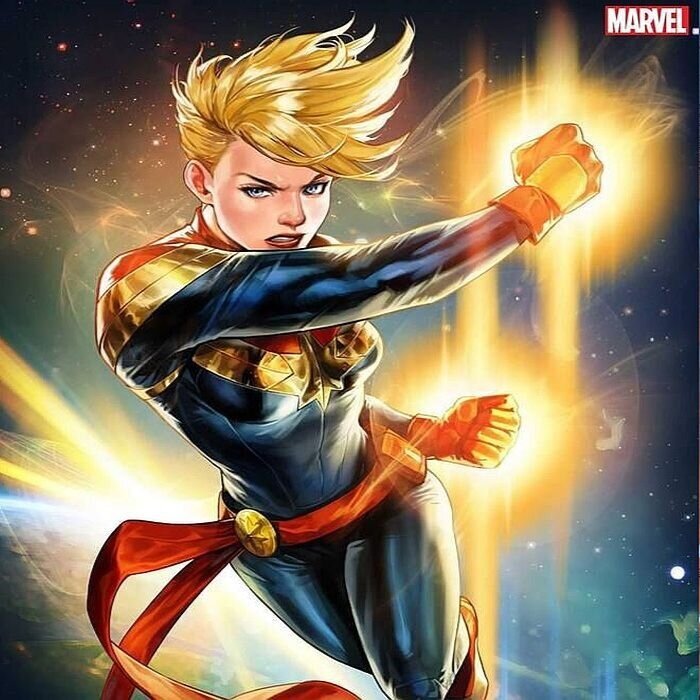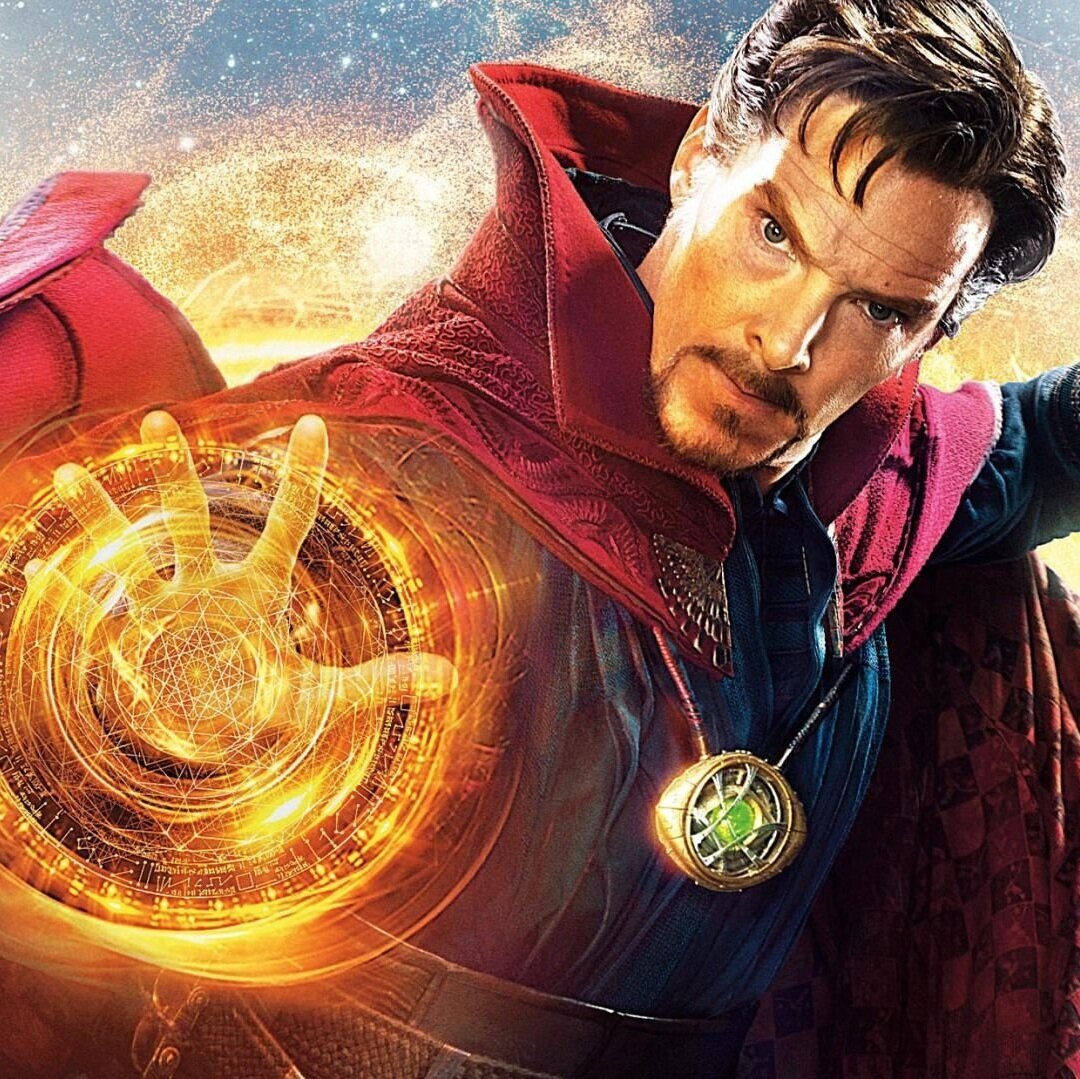Don’t believe the critics, Batman v Superman is far from the worst superhero movie of all time
As a critic, it’s very easy to write off a studio blockbuster as a mindless cash grab instead of a genuine attempt at storytelling, especially when it arrives as a sequel that stars not one, but two iconic superheroes, and a whole host of other superhero cameos that lay the groundwork for future sequels. What isn’t easy is to take a step back and look at a movie for what it is, in its own time and place, and give it a fair estimate of itself.
Batman v Superman: Dawn of Justice deserves a fair estimate, because it is not “plodding” or “worse than the widely detested Joel Schumacher Batman films”. To evaluate this film as a standalone piece is a mistake; a better title would have been Justice League Part Zero. Considering how much it is tasked with doing as an important piece of the DC Extended Universe (DCEU) puzzle, it’s a miracle it doesn’t buckle under its own weight. It is not a terrible movie by any measure; its two-and-a-half-hour runtime zips through like a certain other speedy DC superhero. The gravitas that some might call heavy-handed and self-serious is a refreshing take on the superhero genre populated with the by-the-numbers, quotidian approach that every Marvel movie brings to the theater these days. Batman v Superman is a flawed film, for sure, but it’s an interesting entry in the superhero genre that also gets the DC band together.
It’s hard to be a god in Batman v Superman, as Superman (Henry Cavill) realizes. He’s faced with the dilemma of saving people who need his help, including his sweetheart Lois Lane (Amy Adams), and the collateral damage of people caught in the crossfire of his actions, like Wallace Keefe (Scoot McNairy), a casualty of Superman’s battle with General Zod at the end of Man of Steel (2013). The backlash that he faces for his mistakes causes him to question his identity as one of Earth’s Mightiest Heroes, and whether he is a hero Earth really deserves. “You don’t owe this world a thing,” his mother Martha (Diane Lane) tells him, but Superman can’t ignore the responsibility that comes with the power he has. Cavill’s physique has always struck me as the perfect iteration of the character, and he delivers great performances while he’s Clark Kent and Superman individually, but when he’s playing both at the same time around characters who are aware of both of his identities, like Lois, he tends to fall flat with the emotions, as if he doesn’t know which one to go with. Oh, and that sonic boom that he leaves in his wake every time he flies away is perfect.
Superman’s conflict is complemented by Bruce Wayne’s (Ben Affleck) own superhero mid-life crisis. As a superhero who’s been in the game for more than twenty years, he’s tired of dealing with small fry; “Criminals are like weeds,” he says to his assistant Alfred (Jeremy Irons). “You pull one out, another one pops up in its place.” This is a Batman we haven’t seen before on screen, a Batman whose principles have faded away in the face of harsh realities. This Batman has no compunction about killing an enemy, if it means that an innocent life can be saved. He rationalizes going against Superman with a logic that echoes the Bush administration: “If there’s even a 1% chance that he is our enemy, we have to take it as an absolute certainty,” he says to Alfred, who thinks that Wayne is suicidal. And maybe he is, but Batman v Superman doesn’t give us enough of Wayne’s psyche. Affleck’s Batman is filled with the complexity that echoes Christopher Nolan’s previous iconic iteration of the character. What separates the two is that Nolan’s treatment was purely cinematic, but Snyder’s is the cinematic equivalent of a comic book. It’s an approach that fits the DCEU franchise, especially where it seems to be headed.
The titular characters of this film are far removed from their earlier, lighter iterations; Adam West and George Reeves would probably wet their tights in fear if they ever met Affleck and Cavill for drinks. These bold, complex takes on Batman and Superman are accompanied by an equally complex villain in Lex Luthor (Jesse Eisenberg). In Christopher Reeve’s turn as Superman, Gene Hackman played Luthor with a wry wit that served to elevate his intelligence amidst a sea of nincompoops, while Kevin Spacey pushed the character further into campy territory in Superman Returns (2006), almost as a way to parody the blockbuster “villain with a master plan” trope. Both of those performances were fun to watch and fit their respective films. Similarly, Eisenberg’s take on Luthor stands firmly in Snyder’s DC Universe; his Luthor has all of Hackman’s wit, except it’s dialed up to a menacing degree. Beneath all the humor and wordplay lie deep insecurities that eat away at the charming façade Luthor presents to the public eye, and when that façade disappears Eisenberg becomes extremely formidable. It’s a fantastic watch, and trumps all the forgettable villains Marvel has offered (anyone remember Ronan the Accuser? Anyone?).
With characters like these, you would think this was an off-Broadway post-modern tragedy. Yet for all its dark pondering on human nature, the film never slows down; Snyder keeps the action limber on its feet with his Batman; Nolan’s Batman was weighed down by tons of armor and lumbered around but packed a punch, but Snyder’s Batman dances like a butterfly and stings like a bee. Superman’s action, on the other hand, remains a jumble of CGI effects that never feel grounded. Wonder Woman feels the same in battle; maybe the problem is having them fight enemies completely crafted out of effects.
But the film is not without a whole host of flaws. With a canvas as large as the one Snyder has, it’s only possible to paint in the broadest of strokes. A lot of the puzzle pieces that set the stage for Justice League jar with the film and take the viewer out of the narrative, including an extended dream sequence that is completely irrelevant to the main plot and directed to the hardcore comic book fans. Character motivations remain muddled; for all of Bruce Wayne’s guilt and superhero stagnation, it’s never clear what fighting Superman would achieve. Why does Luthor think Batman has what it takes to fight Superman? Why doesn’t Perry White fire Clark Kent for disappearing on the job all the time? It’s possible to rationalize answers to these questions, but that would be giving the film too much credit.
But here is a film that tries really hard to dig into the superhero psyche in a modern context. Marvel might have its fair share of issues and trauma for its characters, but those issues are always given in bite-sized pieces amidst a constantly unfolding plot that paves the way for the next instalment of the series. Batman v Superman gives us hefty portions of character; it shies away from going all the way with its adherence to telling its story, but even what it has to offer is compelling enough. It also sets the stage for Justice League to unfold, and it introduces a new version of The Dark Knight that respects what came before, but also brings its own personality to the table. The film might be DC’s way of leapfrogging ahead to catch up with Marvel’s big lead, but that was always part of the deal, and it should be acknowledged instead of criticized for its aim. The critical response to this film is sure to influence how Warner Bros. handles upcoming instalments of the DC universe, making its stories more audience-friendly like its light-hearted competition. That would be disappointing; Batman v Superman reaches for the same depths that Christopher Nolan brought to the superhero genre. It should continue to follow that lead, no matter how flawed the end result. It’s a journey that delivers a far more memorable viewing experience. Can the same be said about a film like The Avengers: Age of Ultron?




























